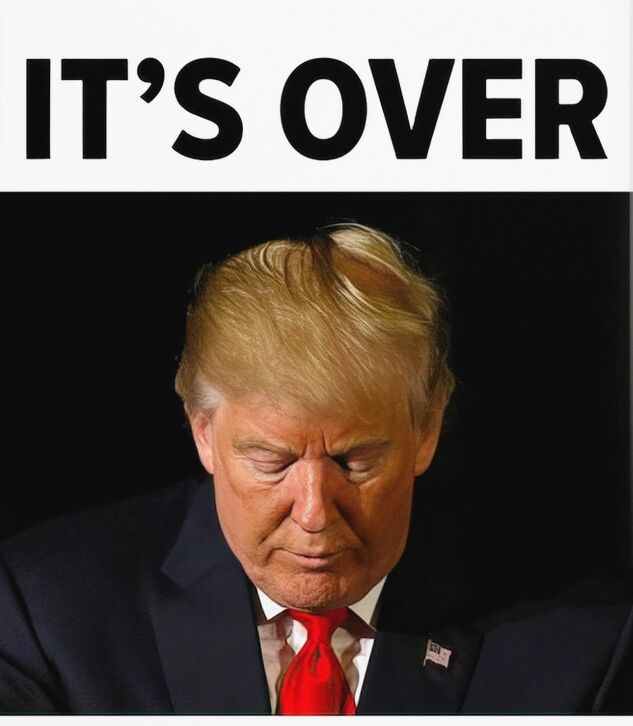Podcast: Play in new window | Download
Subscribe: RSS

It’s over soon not because of the criminal charges, the hideous behavior, the fascism or the increasingly lunatic speeches. It’s over because of the numbers he doesn’t understand.
Part 3. The Third Decision
In order to participate in an election, a citizen of the United States has to make, and act on, three decisions.
- One must register. This is a decision to participate actively in civic life, and requires making an effort — going to the courthouse, or doing some paperwork, or participating in a registration drive. (I am not among those who think registration should be automatic and effortless. I think anyone who wants to participate in choosing our legislators and governors should be willing to — and capable of — making the required effort.)
- One must decide which candidate gets one’s vote. The quality of this decision varies. Some vote along party lines, some according to a fleeting impression, a few after deep study of the candidate’s platform. Some decide a year in advance, others as they are walking into the polling place.
- The third decision — one which is ignored by most commentators, which is not taken into any account by most polls, yet which can be critically important — is whether, after registering to vote and deciding for whom to vote, one does not bother to actually vote.